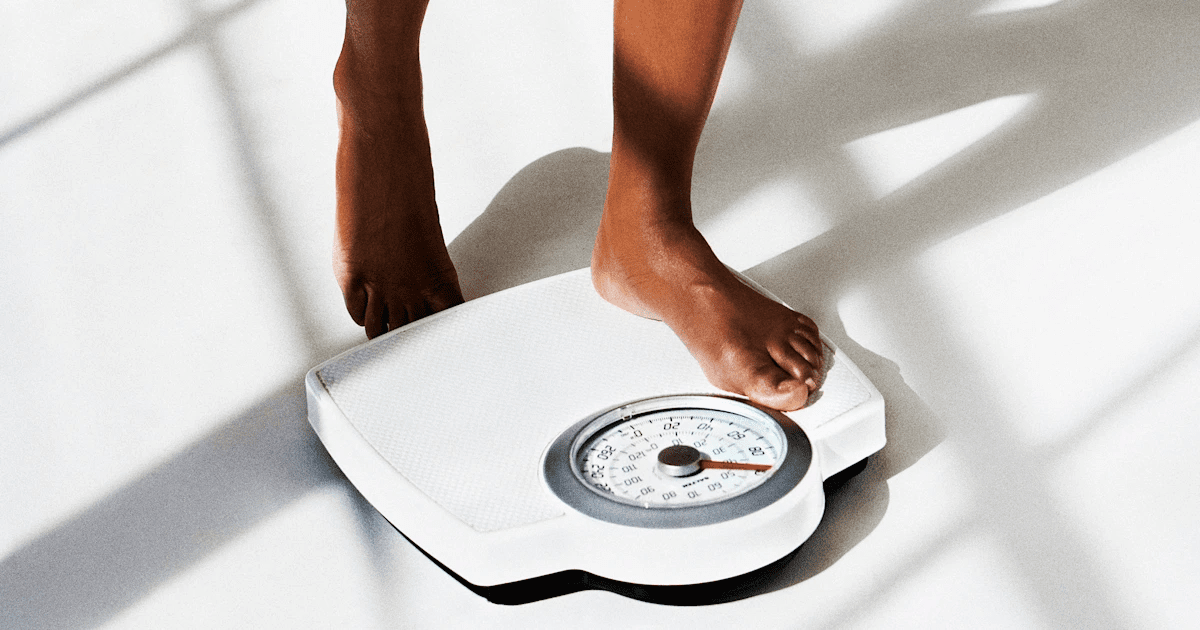What’s more exciting than finally having a bite of your first meal after a whole day of fasting?! Source: netdoctor
- Types of intermittent fasting
- Health benefits
- Indication of when you need to stop
- Should you do it?
“What did I get myself into?” or “This is it!” were a few common phrases I used during my encounter with a so-called “Diet Plan”.
Recalling my first sign of regret, I remember missing out on late-night suppers with my friends during the weekends. I’d often stay back just to avoid any cravings. Though there were cheat days, deep down I knew I could not continue this for the long run.
After being called names for being on the “chubby side”, I was positive that I found a life-changing weight loss journey to get me out of this miserable life, Intermittent Fasting.
This Intermittent Fasting trend became so famous that even fitness coaches and celebrities swore by it, including Kourtney Kardashian, Vanessa Hudgens and Jennifer Aniston. To be honest, the convincing images of their transformation and reviews got me hopping into the trend!
Imagine stepping on the weighing scale on a weekly basis to find yourself shedding those kilos just like that. No exercise, just the control of food within a specific time frame. Sounds exciting, huh? But don’t be hasty now darling, read till the end to know if this is the right thing for your body.
Types of intermittent fasting
I may not have mood swings, but I have food swings. Source: BetterMe
Before starting IF, I spent weeks researching just to understand when not to eat. Yes, I was more anxious about breaking fast too early and not obtaining the results, rather than focusing on what I should put in my system!
As a working adult, I picked an eating window that was more suitable for my lifestyle, the 14 or 16-hour fasting period. Depending on my appetite, I would skip breakfast and start eating around 12 pm and finish around 8 pm. It worked just fine and I didn’t have many cravings.
Then, there’s the 5:2 fasting, which means you get to eat any meal for five days (I mean a normal healthy diet without counting calories, not junk food!) while limiting your intake of calories to 500 for two days. You can decide your schedule freely, but I’d suggest not to “fast” back-to-back. Trust me, the cravings will eventually set in.
If you’re up for more, then you could fast on alternate days by consuming 0-500 calories only and following a regular diet on non-fasting days. If this is not your cup of tea, you could also try OMAD (one meal a day). For instance, if you have your meal at 5 pm, then you have to fast for 24 hours and break fast the next day at 5 pm.
Sounds like too much work? Welcome to the world of IF! 😉
Benefits of intermittent fasting
Wait, did I just shed another two kilos? It’s finally happening! Source: TODAY
You wouldn’t believe your eyes if you look at the long list of benefits that come along – it’s endless! That was one of the reasons I chose this diet over a low-carb or low-fat diet.
1/ Weight loss
From my experience, IF did help me lose weight. I started noticing changes in my body within the first two weeks, and the scale proved it. So I’m pretty sure I wasn’t hallucinating because of starvation!
However, as time went on, I didn’t see myself progressing as much compared to the first I started. One reason could be that what I lost was mostly water weight. This works best for overweight or obese individuals but does not guarantee if it will sustain itself in the long run.
If you’re attempting to fit into that wedding dress before your D-day, I guess it won’t hurt to try it. 😉
2/ Reduce insulin resistance
I’m not here to talk Science but let’s face it: carbs are the main source of fuel for our body. When digested, they convert to sugar or glucose, which is then released into our bloodstream. And with the aid of insulin, it is absorbed by our body cells and converted into energy. On the contrary, if you have insulin resistance, your body requires more insulin to function effectively. Make sense, right?
Because IF combats insulin resistance, blood sugar levels have been demonstrated to be lower. Thus, if you have Type 2 diabetes or are in danger of developing it, this should assist in lowering your blood sugar levels. Nevertheless, always consult your doctor or dietician before proceeding just to be cautious.
3/ Helps your heart
It is no surprise that heart disease remains the number one killer in Malaysia. Heart disease accounts for about one in every four fatalities. Generally, 140 out of every 100,000 people will experience a heart attack in their lifetime.
Given that my family has a lengthy history of cardiovascular illness, I quickly turned to IF to help lower my risk of having a heart attack. Little did you know, the four main risk factors for heart disease – cholesterol, blood pressure, blood sugar, and weight gain – can all be decreased with fasting! If these can be controlled, so should the risk of heart disease.
Indication of when you need to stop
Hmm… Is it really worth the sacrifice? Source: Healthline
I’m really glad that IF disciplined me in the sense that I stopped snacking late at night. I had an eating schedule that I believed was healthy for my lifestyle as I never ate unnecessarily. Everything was in control until my body started showing several signs.
I started experiencing occasional dizziness. My body was going through starvation and did not cope well with the diet plan. Especially since I suffer from low blood sugar, it caused nausea and headaches which eventually led me to be moody. Due to a lack of nourishment and energy, I also observed a halt in my menstrual cycle.
So, if someone comes and tells you that these are typical during IF, run and don’t trust them! A medical expert will tell you otherwise.
Should you do it?
I’m sorry to disappoint you, but one size doesn’t fit all! I know it feels good to know there’s finally a solution to shed those extra kilos, but does it really work for you?
Firstly, ask yourself why you want to explore IF. Is it for health purposes or just to keep up with the trend? Take a moment and think about your eating habits. Perhaps you could reduce your intake of sugary or fatty meals and begin including more vegetables and plain tea.
Rationally, skipping meals and limiting calories can be harmful to some, especially if you’re taking medications. Therefore, always get advice from your doctor and you’re good to go!
If you’ve tried fasting, don’t forget to comment below and tell us your experience!
Looking for more related article? Check them out here:
5 DIY Home Decor Tik Tok Trends To Try At Home













